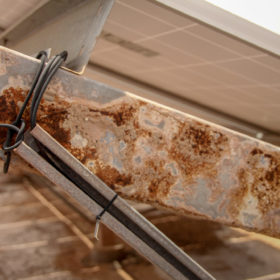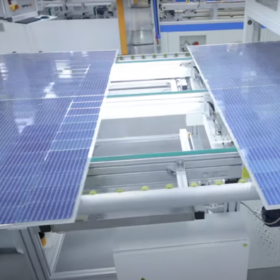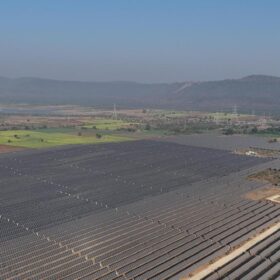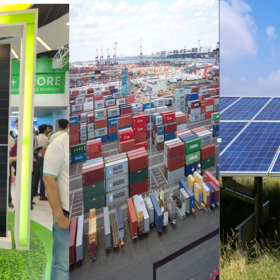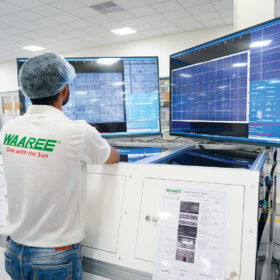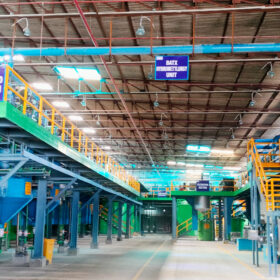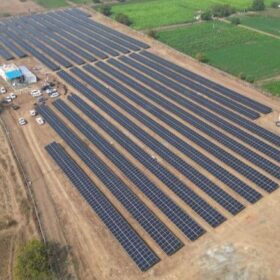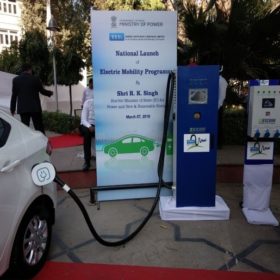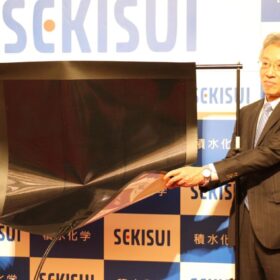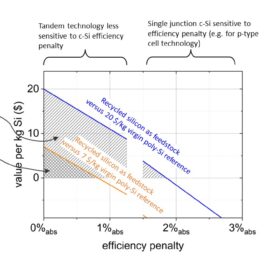Aluminum frames lead solar panel costs amid shifting industry prices
SinoLink Securities says aluminum frames now dominate solar panel costs, as material price shifts reshape the cost structure of the PV industry and drive the need for innovation.
Solex secures 100 MW solar module order with Sprng Energy
Solex Energy will supply 100 MW of its n-type TOPCon solar modules rated 585/ 590 Wp for Sprng Energy’s PV projects in Gujarat.
2024 solar snapshot and the road ahead
A snapshot of the milestones reached in Indian solar manufacturing and power project installations, anticipations, and more…
Top 5 most-read solar stories of 2024
As we enter the new year, look back at 2024’s top 5 most read stories on pv magazine India platform.
Waaree Energies receives EPD certification for solar panels
The environmental certifications show Waaree’s bifacial mono PERC and TOPCon solar panels are designed to reduce environmental footprints.
BatX Energies opens lithium battery recycling facility in Uttar Pradesh
The plant uses hydrometallurgical process to extract critical materials such as lithium, cobalt, nickel, and manganese from used lithium-ion batteries.
Grew’s TOPCon solar modules to power farming in Narangwadi
Grew Energy has supplied 4,704 units of its 550 Wp solar modules for a 2 MW AC PV project installed under the PM Kusum-C initiative in Narangwadi, Maharashtra.
Transforming global mobility through innovation and originality in critical power systems
As the electric vehicle (EV) ecosystem extends its footprint, maintaining reliability and efficiency is becoming one of the pressing concerns for industry stakeholders. To achieve this, strategic collaborations with the government and private sectors are being made in a bid to optimise energy distribution based on grid capacity and user demand.
Sekisui Chemical invests in 100 MW perovskite solar production line
Japanese plastics manufacturer Sekisui Chemical is investing in a 100 MW production line to make lightweight perovskite solar panels for low load-bearing rooftops, with an operational start in 2027. It will also acquire a production facility from Japanese electronics manufacturer Sharp.
Prospects for reusing silicon from end-of-life solar modules in new ingot production
Scientists in the Netherlands proposed a new testing scheme for recycling silicon from end-of-life photovoltaic panels. Their methodology helped create different wafer categories for recycling silicon for new ingot production but also showed that most of recycled silicon in the near future will come from p-type products, which will harldy be reutilized in a market now dominated by n-type modules.
